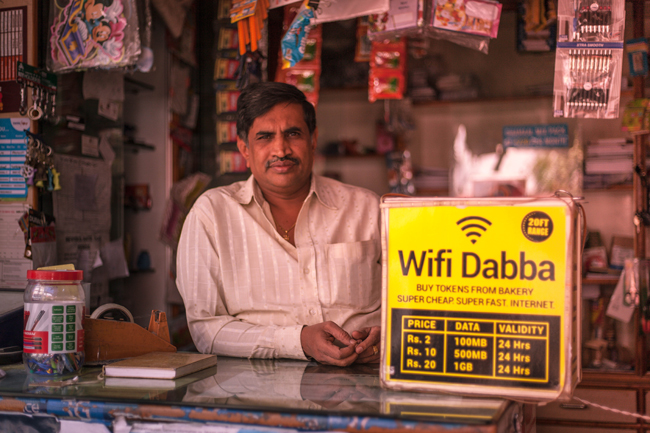The Telecom Regulatory Authority of India has released its report on public WiFi networks, calling such networks a means to ensure “citizens have equitable and affordable access to information and knowledge and that their freedoms are protected, including their freedom of expression”. The report carries details of TRAI’s pilot project, called Wi-Fi Access Network Interface (WANI), for public WiFi that used a multi-provider, interoperable model. The 6-month-long project began in October 2017 and had eight entities providing nearly 600 WiFi networks in different parts of the country. The TRAI calls these entities public data offices (PDOs) for last-mile connectivity. Here are some highlights from the report: Bengaluru-based startup WiFi Dabba had the highest access points, 430, while Facebook’s partner for rural broadband AirJaldi also participated in this pilot. Hotspot providers bought data from internet service providers and resold it to users in small-size packs costing from Rs 2-20 in a “pay-as-you-go” model. They had tie-ups with Paytm, RazorPay and PayU for payments. TRAI asked PDOs to provide a preferable speed of 2Mbps to every customer Aadhaar linked e-KYC or OTP based m-KYC was used for authentication. A 15-day testing was done in two TRAI offices, which brought nearly 800 sessions with more than 80 coupons sold and 50 online payments. The TRAI’s report shows that 96.3% respondents found the app to be user-friendly. Looking forward, TRAI plans to move to the next phase of the pilot which involves working with participants in Delhi and Bengaluru. It also plans to create…





























